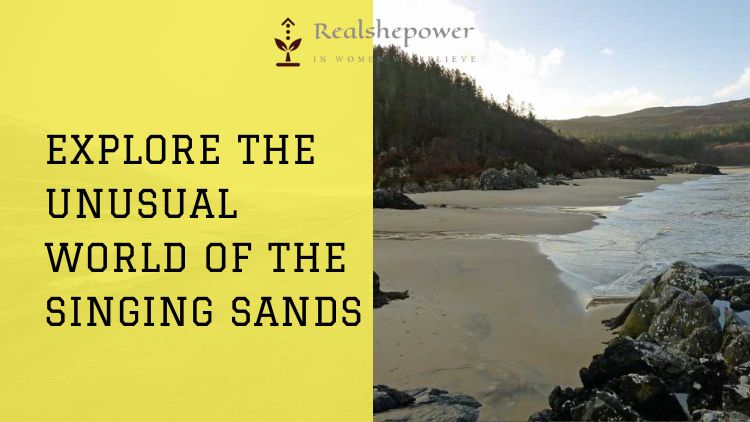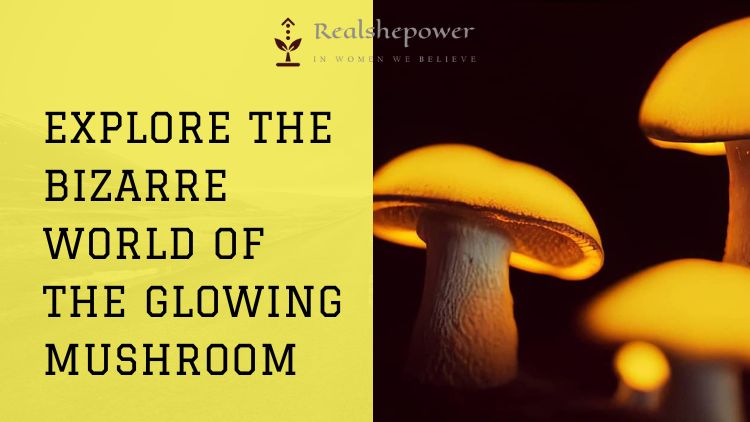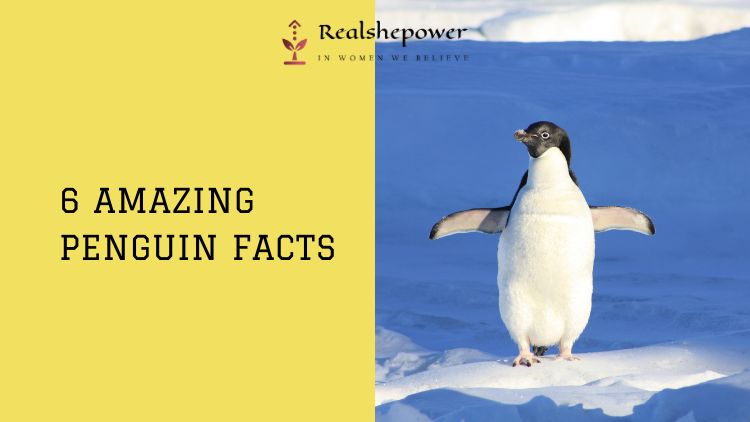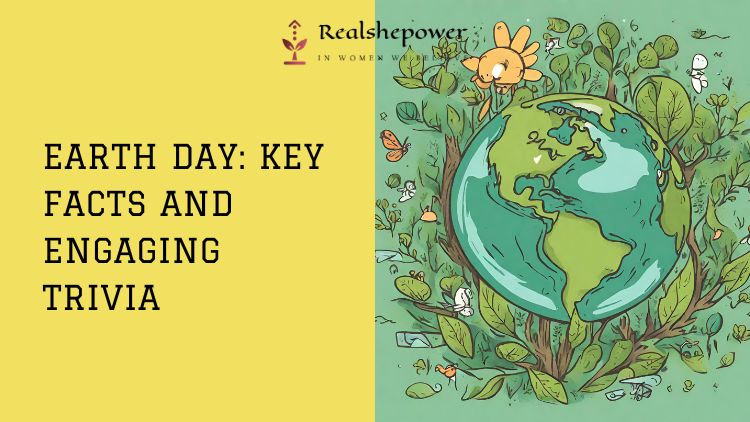The Enchanted Melody of the Singing Sands: Uncovering the Bizarre Mystery

The world is full of strange and mysterious wonders, some of which remain unexplained to this day. One such phenomenon is the eerie and haunting sound of the singing sands.
Have you ever heard of a beach that sings a melody when stepped upon? This is not just a figment of imagination, but a real and unusual occurrence that has been reported in various parts of the world.
What could be causing this mysterious sound? Some say it’s the friction of the sand particles rubbing against each other, while others believe it’s the result of underground air pockets being compressed.
But the most intriguing aspect of this phenomenon isn’t just the sound itself, but the way it affects those who hear it. Many people have reported feeling a sense of unease or even fear upon hearing the singing sands, as if the sound were trying to communicate something sinister.
How can sands produce such a haunting and eerie melody, and why does it affect people in such a strange way? These are questions that remain unanswered and continue to perplex researchers to this day.
Have you ever had the chance to hear the singing sands for yourself? How did it make you feel? Did it evoke a sense of wonder or fear?
The singing sands are just one example of the many strange and unusual phenomena that exist in the world. What other weird and mysterious facts are waiting to be uncovered?
So next time you’re on a beach, listen closely. You never know if the sands will start to sing a haunting melody and reveal their mysterious secrets.
Where can you find Singing Sands?
Singing sand can be found in various parts of the world, including some deserts and coastal areas. Some examples include the Mojave Desert in California, the Gobi Desert in China, the Namib Desert in Namibia, and the beaches of the Outer Banks in North Carolina.
Discover the Science of Singing Sands
Singing sands is a phenomenon that has captured the imagination of people for centuries. It refers to the production of a singing or whistling sound when certain types of sand are walked upon or otherwise agitated. This strange and unusual occurrence has been observed in various parts of the world, from deserts to beaches.
The scientific explanation for the singing sands phenomenon is rooted in the physical properties of sand grains. Singing sands typically contain a high proportion of rounded or angular grains that are similar in size and shape. When these sand grains rub against each other, they produce sound waves that result in the characteristic singing or whistling sound.
The frequency of the sound produced by the singing sands depends on several factors, including the size and shape of the sand grains, their relative hardness, and the speed at which they are agitated. It is believed that the sand grains act as tiny resonators, amplifying the sound waves as they pass through.
In order for the singing sands phenomenon to occur, certain conditions must be met. The sand must be relatively dry, as water can dampen the sound waves and prevent the sand from singing. Additionally, the sand must contain a sufficient amount of air spaces, as these spaces allow the sand to vibrate and produce sound.
It is worth noting that not all types of sand are capable of producing the singing sands phenomenon. The specific combination of sand grain size, shape, and composition is what makes certain sands “singing.”
The singing sands phenomenon is a fascinating and mysterious occurrence that continues to captivate scientists and the general public alike. Further research is needed to fully understand the underlying physics and conditions that make certain sands capable of singing.
So the next time you encounter singing sands, you’ll have a deeper appreciation for the science behind this unusual and enchanting phenomenon.
The Glowing Mushroom: A Bizarre Bioluminescent Fungus

You can now write for RealShePower and be a part of the community. Share your stories and opinions with us here.








